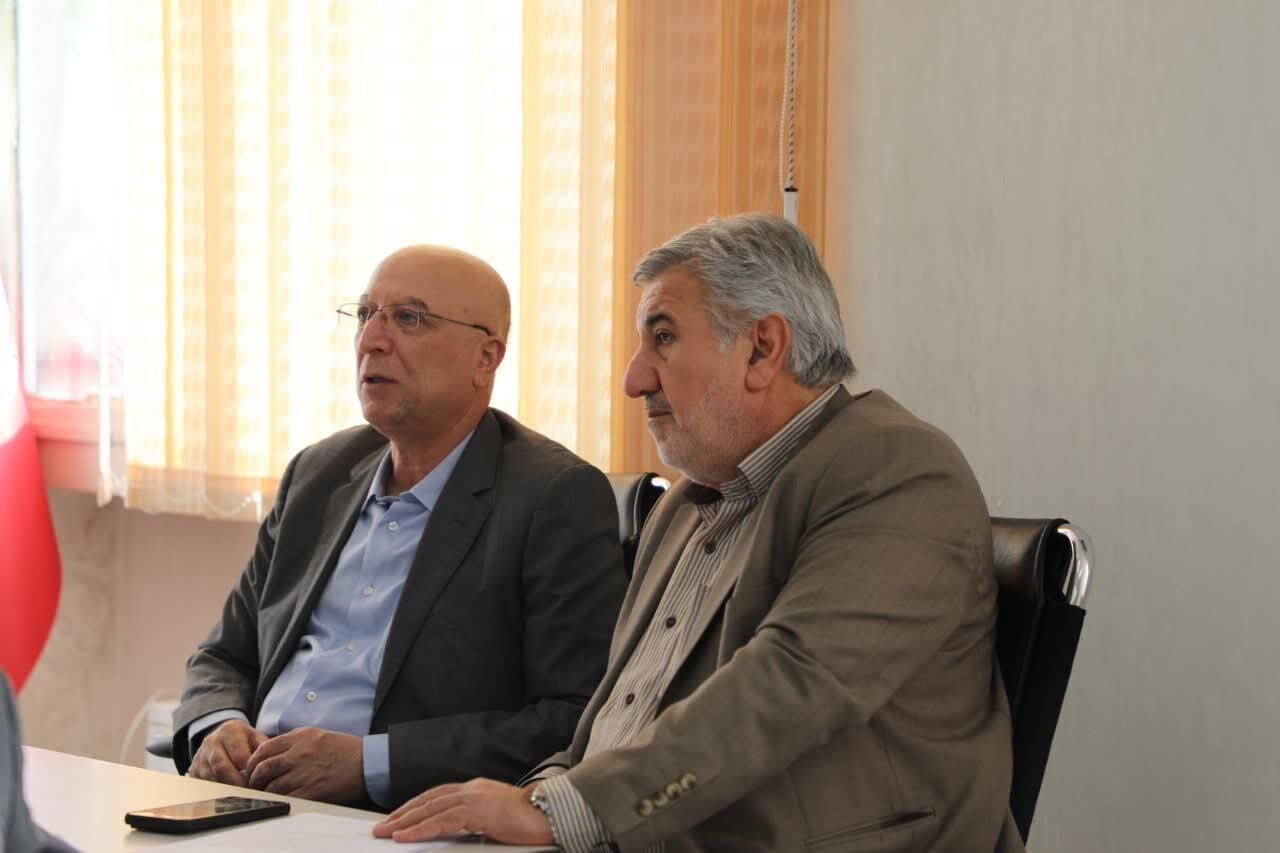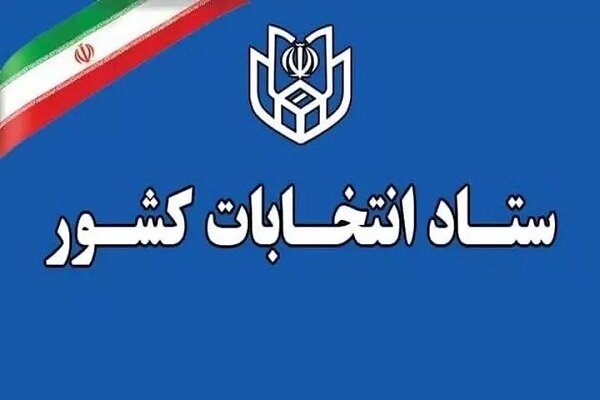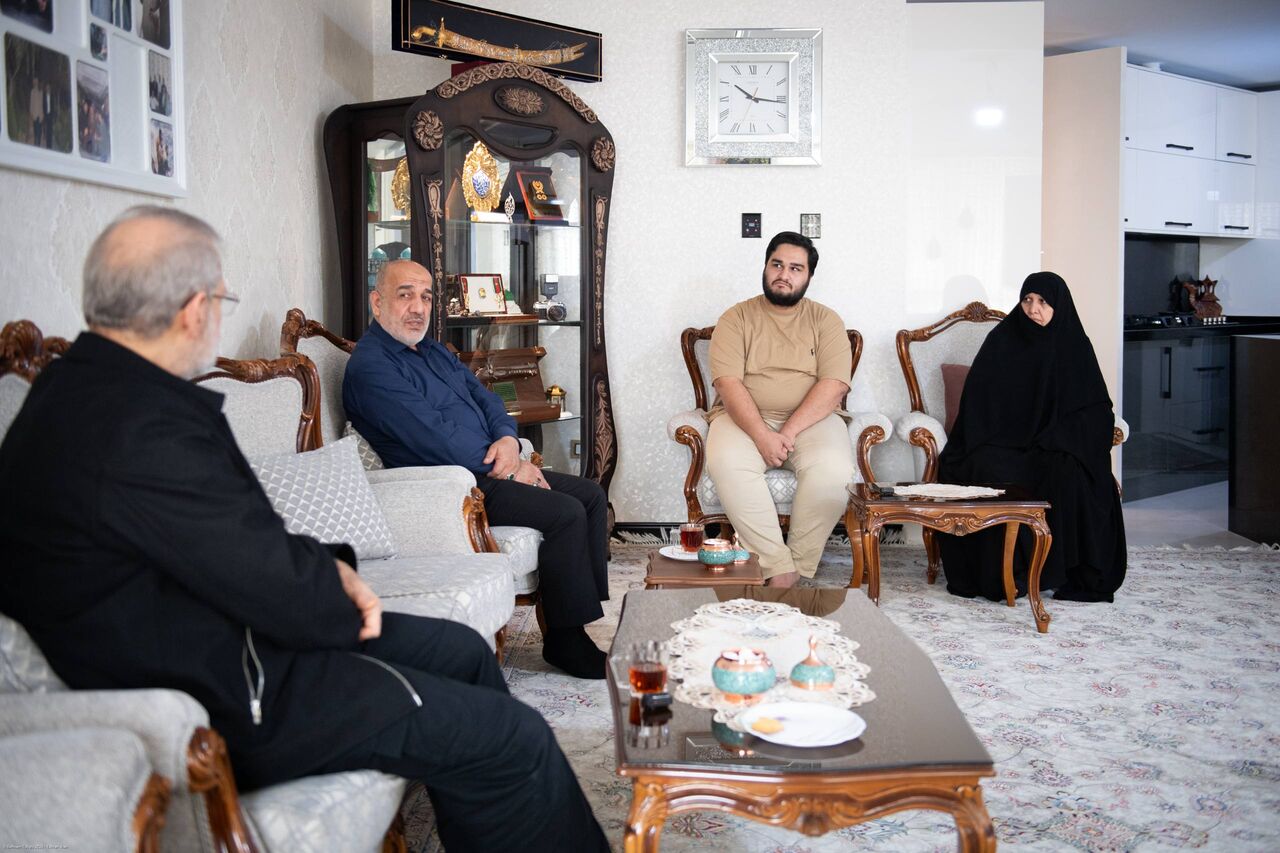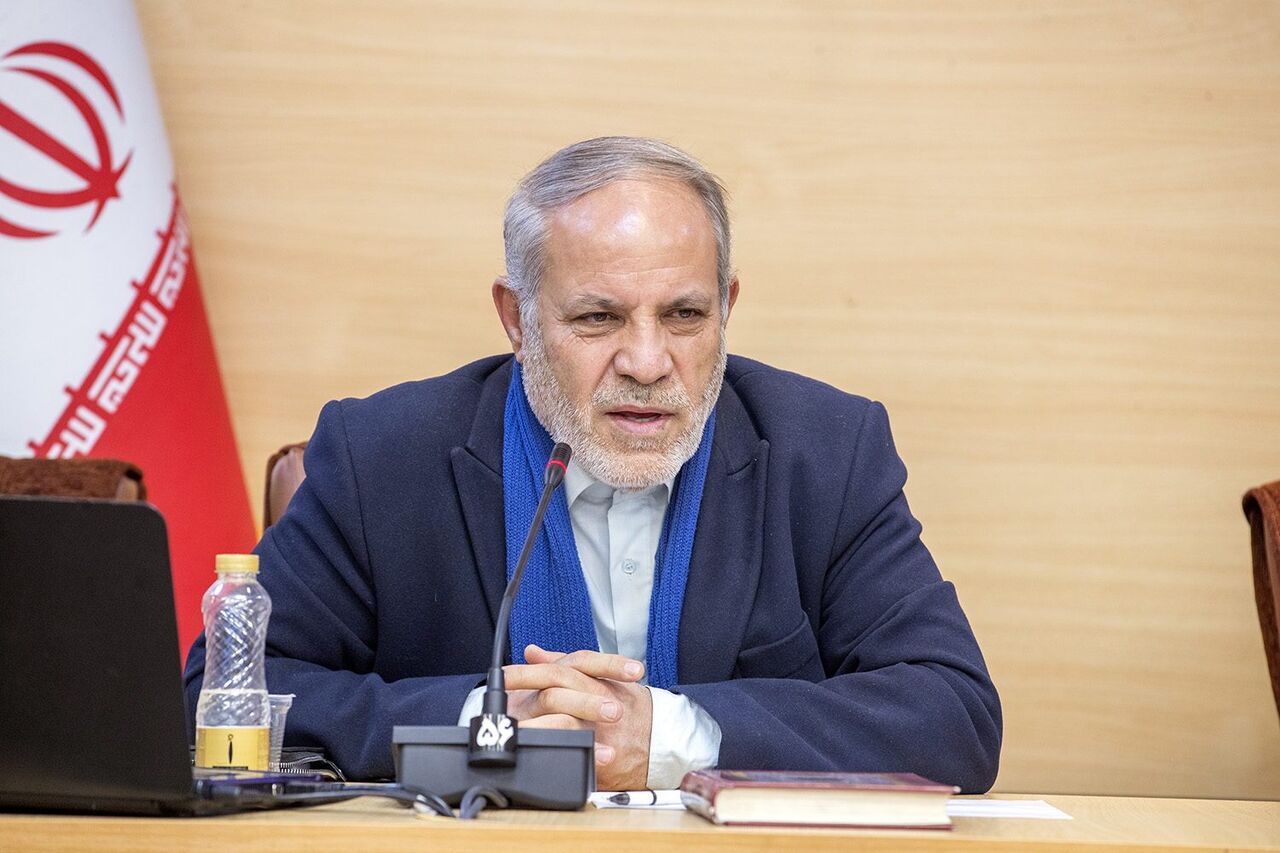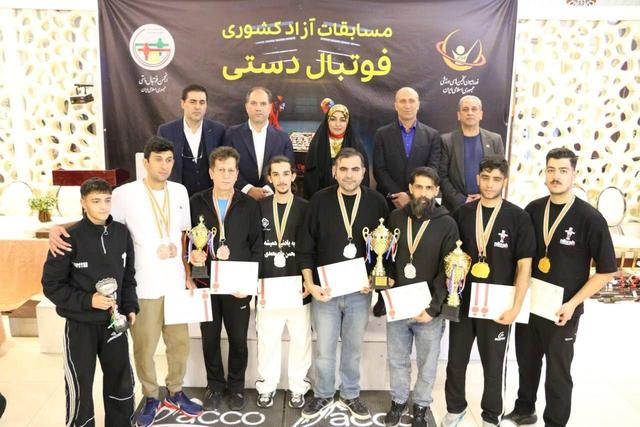Election for body representing Palestinian citizens of Israel sparks reform calls
Election for body representing Palestinian citizens of Israel sparks reform calls

The election of a new president for a committee representing Palestinians in Israel has sparked debate about the need for reform amid a shifting political landscape.
On Saturday, voters from the two-million-strong Palestinian population within Israel will choose the next president of the High Follow-Up Committee for Arab Citizens of Israel.
Formed in the early 1980s, the committee has long served as an umbrella body representing Palestinian citizens of Israel and advocating for their political and civil rights.
However, calls for reform have grown in recent years.
Many citizens argue that the committee has become increasingly ineffective, particularly amid rising crime within the community and ongoing Israeli violence in Gaza and the occupied West Bank.
At a demonstration earlier this month in the northern city of Arraba, young men accused the committee’s leaders of indifference toward the wave of crime sweeping their towns.
Mohammad Barakeh, the committee's outgoing head, acknowledged the protesters’ anger but insisted that it “should be directed at the establishment responsible,” referring to the Israeli government.
Maha Agbaria, a human rights lawyer, said the growing crime rate among Palestinian citizens of Israel is “the biggest challenge facing Arab society in Israel”.
“This phenomenon has gotten out of control,” she told Middle East Eye, adding that the “committee should play a role in conflict resolution”.
The Abraham Initiatives reports that 223 Palestinian citizens of Israel have been killed in crime-related incidents since the beginning of the year, including 20 women and 112 people under the age of 30.
Areen Hawari, director of the Gender Studies Programme at the Haifa-based Palestinian research institution, Mada al-Carmel, said in a Facebook post that Palestinian citizens of Israel need a body “to express our causes, aspirations, and positions, and to raise our voices in defence of our people, who have been living their second Nakba for the past two years.”
Hawari added that while there is a need for a framework representing a community “suffering from crime, corruption, and division,” she holds “no illusions” that the current committee can fulfill that role.
Inclusion
Another argument raised since the election was announced is the need for greater inclusion within the committee’s leadership.
The committee is a non-partisan political body composed of local council heads, Palestinian members of parliament, representatives of political parties, and other non-parliamentary organisations.
Many have argued that its current composition excludes large segments of the community.
'It is time for young, courageous, and visionary leadership that listens to people and acts with them, not above them'
- Rula Daood, Standing Together
“There is no openness in the committee,” said Agbaria.
“The more diverse and open a group is, the broader its popular base will be,” she told MEE.
The exclusion of women has come under particular scrutiny in recent weeks, especially after committee member Mansour Dahamsha remarked that “women have many abilities, but their interest in politics is lower”.
His comment sparked widespread anger and condemnation, despite his subsequent apology.
In response, Rula Daood, co-director of the Israeli grassroots group Standing Together, and Neveen Abu Rahmoun, a former Balad parliamentarian, became the first women to submit their candidacy for the committee’s leadership.
Both Daood and Abu Rahmoun called for change at the top. “It is time for young, courageous, and visionary leadership that listens to people and acts with them, not above them,” Daood said.
She later announced that she was unable to submit her candidacy after local leaders withdrew their support at the last minute.
Abu Rahmoun, now one of five candidates for the position, told MEE that she also faced pressure to withdraw, but chose to stand regardless.
Her candidacy, she said, “stems from a deep belief that there is a need for a true reconstruction of the Follow-Up Committee and the restoration of its collective and popular spirit, especially as Arab society faces existential challenges.
“It is necessary to open the door to women and young people for active political participation, which until now has been closed, as it has been open only to the [political] parties,” she added, stressing the need “to inject new blood and vision”.
Barakeh acknowledged that criticism over the lack of women and the absence of representation from the Negev was “justified,” and urged the committee to take steps to address the situation.
Legitimacy
Despite her ambitious candidacy, Abu Rahmoun is not expected to win.
Jamal Zahalka, former Balad leader and member of parliament, is the leading candidate.
“I’m happy that Abu Rahmoun managed to submit her candidacy,” said Agbaria.
“It’s doubtful she’ll secure a place in the decision-making position, but there is now a new perspective.”
However, Agbaria stressed that the committee’s “importance and legitimacy” should not be dismissed, adding it “must derive its legitimacy from the public”.
The committee was established in 1982, following years of national resurgence among Palestinian citizens of Israel during the 1960s and 1970s.
Palestinian citizens of Israel are the native population who remained in their homes after Zionist militias violently displaced hundreds of thousands during the creation of Israel in 1948.
For decades, they have suffered from discriminatory laws and practices imposed by the Israeli state despite being given citizenship, including living under military rule between 1948 and 1966.
The committee’s purpose was to monitor the government’s treatment of Palestinian citizens of Israel in areas such as education, welfare, sports, and agriculture.
Israel has never recognised it as an official body. In July 2023, members of the governing coalition called for the committee to be outlawed.
Over the years, the committee has organised demonstrations against land confiscation for Jewish settlement, as well as protests and strikes on a range of other issues.
During the genocide in Gaza, the committee has organised demonstrations and strikes in response to Israeli attacks in the enclave and in the occupied West Bank.





